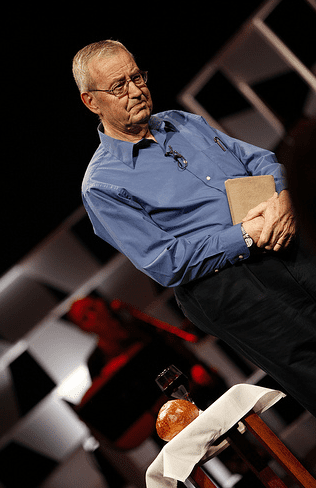By Jeff Cook:
The Argument from Religious Experience
How much does “experience” factor into your belief in God? What kind of experience?
Number 9 in my list for the best arguments for God’s existence is the argument from religious experience. Lots of ways to formulate this, but I find the structure below compelling.
- Millions of trustworthy, mentally healthy people of different eras and of widely different cultures claim to have had an experience of the “divine.”
- At least one of the experiences from the millions of trustworthy, mentally healthy persons of different eras and of widely different cultures is likely authentic.
There is something divine.
This problem is structured like the logical problem of pain. Just as the logical problem of pain requires just one instantiation of meaningless suffering that a good God would prevent, so too if just one of the countless millions of people who report that they have encountered something transcendent through their worship, through their prayers or meditations, through their suffering or provision is accurate—something transcendent exists. One must deny premise two for the argument to fail.
I find this a strong proof against materialism, but it doesn’t show us much else. The primary problem with the argument is that there are clear contradictions between the kinds of things people report. The “varieties of religious experience” may create more problems than they solve.
However, a counter argument to such skepticism is worthy of note. There are vast differences of opinion between those who engage morality, engage historical events, engage truth itself. Shall we say that because there is no uniformity of opinion about morals, events and truth that morals, historical events and truth itself are each illusions? Quite the opposite. Differences of opinion can be strong evidence for something real—yet not completely known. What that “something” is, needs more work—but, if embraced, the argument disproves materialism.










